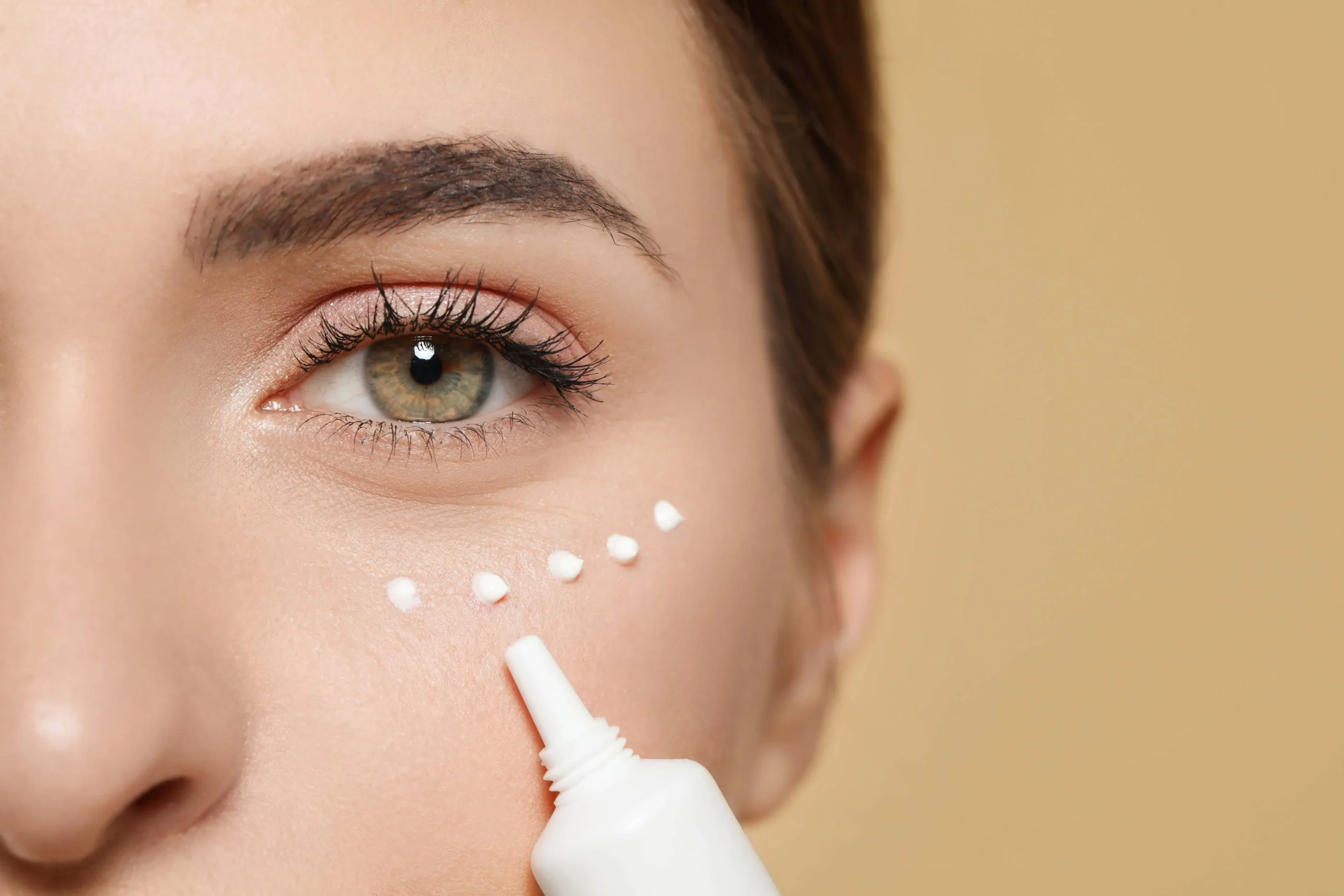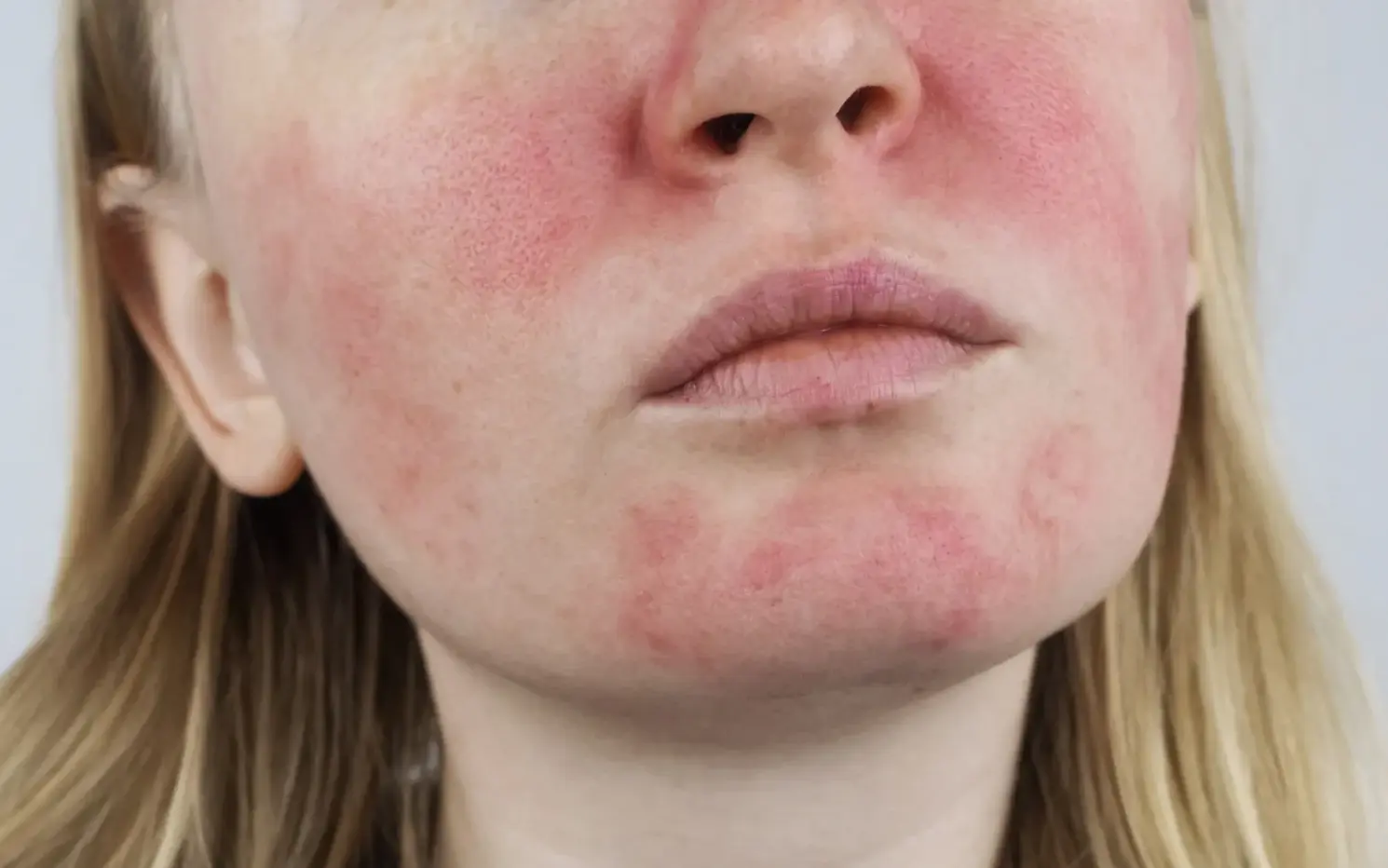Since your skin is the largest organ in your body, it deserves attention and care. While many skin concerns can be managed at home, there are times when it’s essential to seek professional help from a dermatologist. Here are some signs that indicate it might be time to schedule an appointment with a skin specialist.
1. Persistent Acne
Acne is a common issue for many, but if you find that over-the-counter treatments aren’t working, it might be time to see a dermatologist. Persistent acne, particularly cystic or severe forms, can lead to scarring and long-term skin damage if not treated properly. A dermatologist can offer prescription medications, advanced therapies, and tailored skincare routines.
2. Unusual Moles or Skin Changes
Keep an eye on your moles and any new skin growths. If you notice changes in size, shape, color, or texture, it’s crucial to have them evaluated. The ABCDE rule can help you assess moles:
● Asymmetry
● Border irregularity
● Color variation
● Diameter larger than 6mm
● Evolving over time
If a mole or spot exhibits any of these characteristics, consult a dermatologist for a thorough evaluation.
3. Persistent Skin Irritation or Rashes
If you have a rash or skin irritation that lasts more than a few weeks or keeps recurring, it could be a sign of an underlying condition such as eczema, psoriasis, or contact dermatitis. A dermatologist can help identify the cause and recommend appropriate treatments to alleviate your symptoms.
4. Hair Loss or Scalp Issues
Experiencing sudden hair loss, thinning hair, or scalp issues like persistent dandruff or itching warrants a visit to a dermatologist. They can assess your scalp health, identify potential causes, and suggest treatments ranging from topical solutions to lifestyle changes.
5. Signs of Skin Infection
If you notice symptoms of a skin infection—such as increased redness, swelling, warmth, or pus—it’s essential to see a dermatologist promptly. As infections can escalate quickly, it may be necessary to treat them with antibiotics or use other treatments to avoid complications.
6. Dry, Flaky Skin That Won’t Improve
Dry skin is common, but if it becomes severely dry, cracked, or flaky and doesn’t respond to moisturizers or home remedies, it’s time to consult a dermatologist. Conditions like dermatitis, eczema, or even certain allergies might be the culprit, and a dermatologist can help develop a targeted treatment plan.
7. Persistent Itching
Itchy skin that persists for weeks can significantly affect your quality of life. It could be a sign of an underlying condition such as eczema, psoriasis, or an allergy. A dermatologist can help diagnose the cause and recommend effective treatments to relieve your discomfort.
8. Changes in Nail Appearance
Your nails can provide significant insights into your overall health. If you notice changes in color, shape, or texture, or if you develop painful nail beds, it may be time to consult a dermatologist. Nail conditions can sometimes indicate underlying health issues that require professional attention.
9. Unresponsive Skin Care Regimen
If you’re following a consistent skincare routine but aren’t seeing any improvements in your skin’s condition, it might be time to seek expert advice. A dermatologist can assess your skin type and concerns, offering personalized recommendations and potential prescription treatments that could be more effective.
10. Concerns About Skin Cancer Risk
If you have a family history of skin cancer or have spent significant time in the sun without protection, it’s wise to schedule regular check-ups with a dermatologist. They can conduct thorough skin exams and educate you on preventive measures to reduce your risk.
Conclusion
Your skin is unique, and paying attention to its signals is crucial for maintaining its health. If you’re experiencing any of the signs mentioned above, don’t hesitate to consult a dermatologist.
Early intervention can lead to better outcomes and help you achieve healthier, happier skin. Remember, prioritizing your skin health is always a wise decision!





